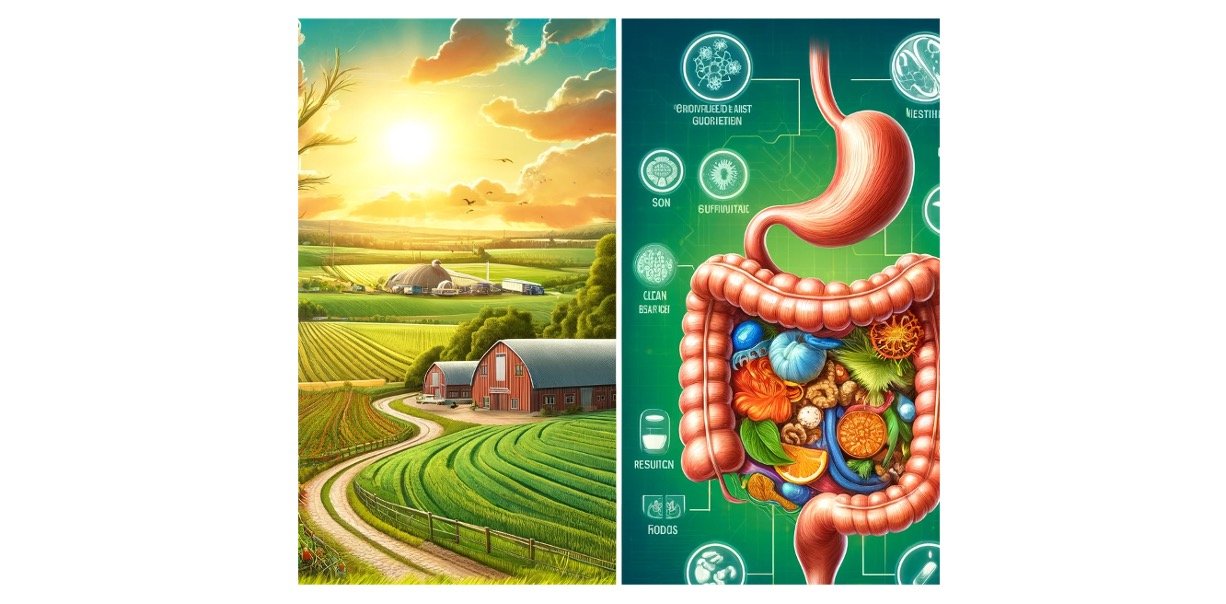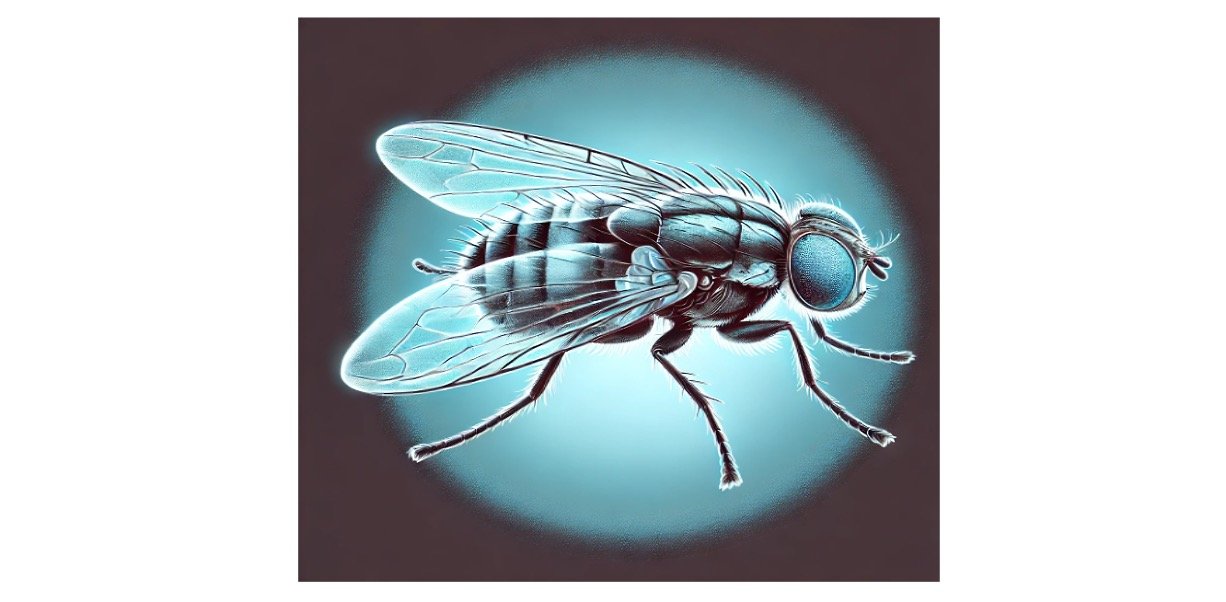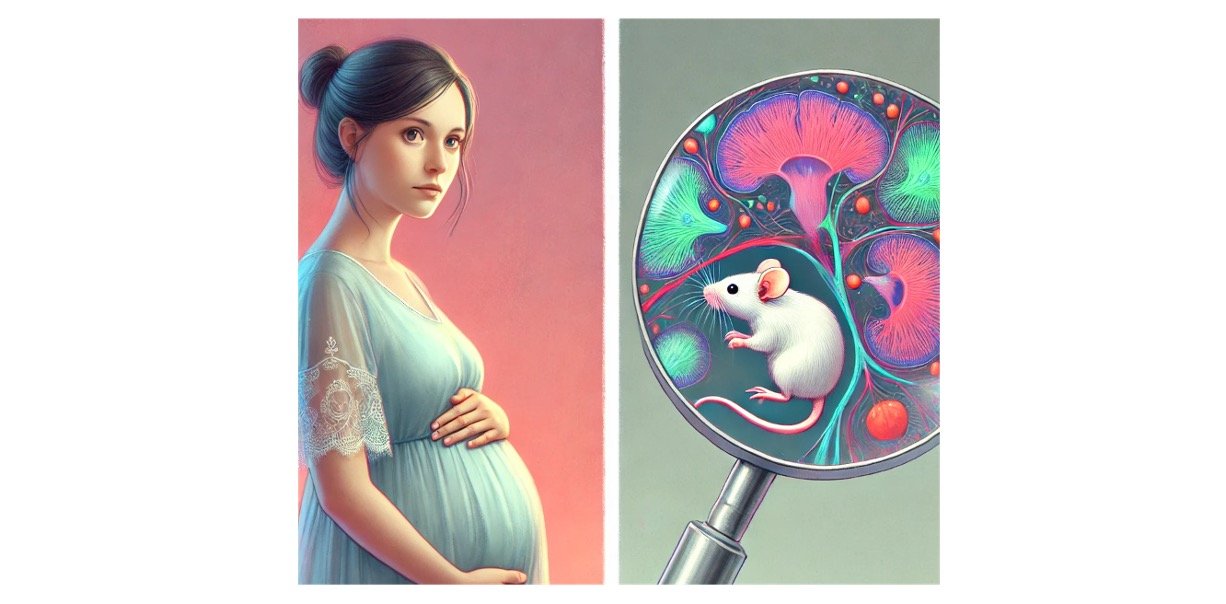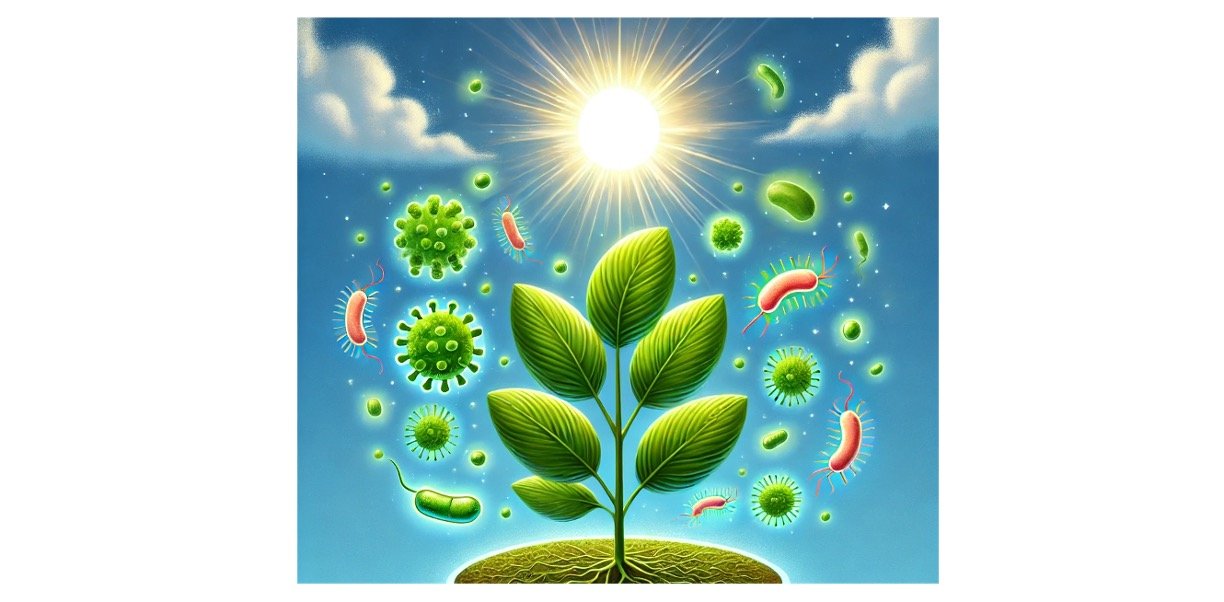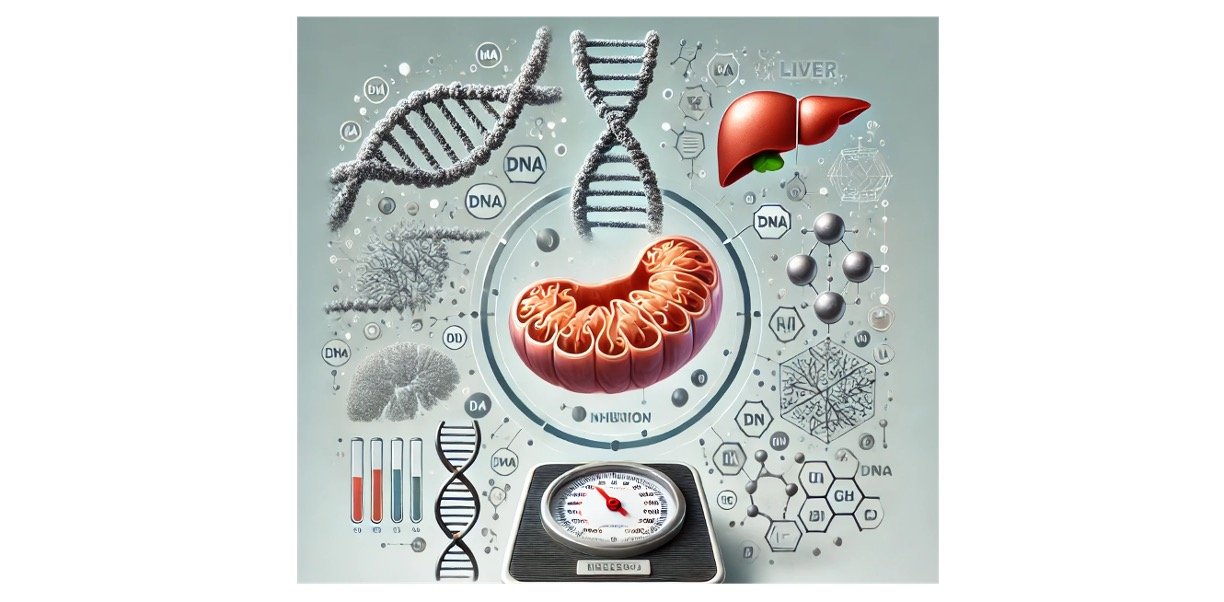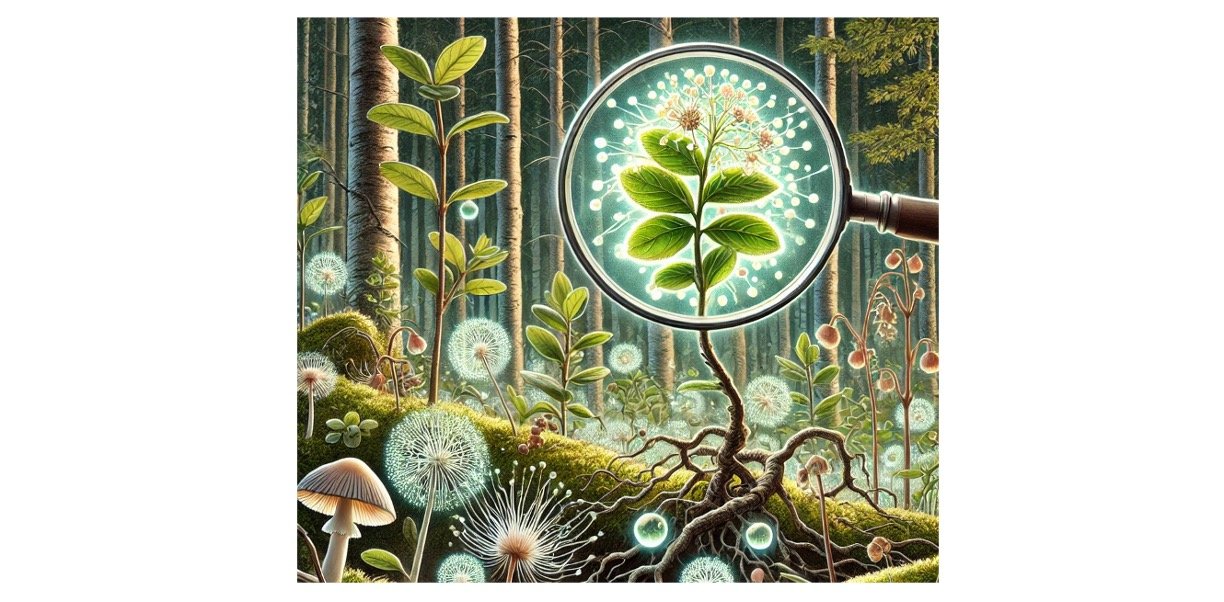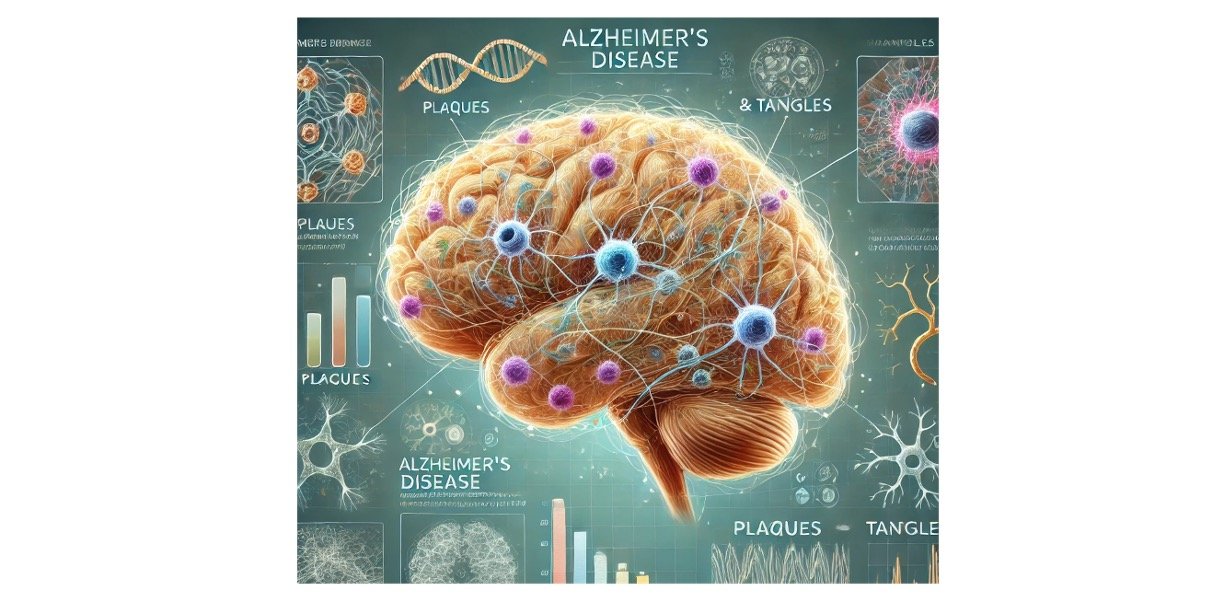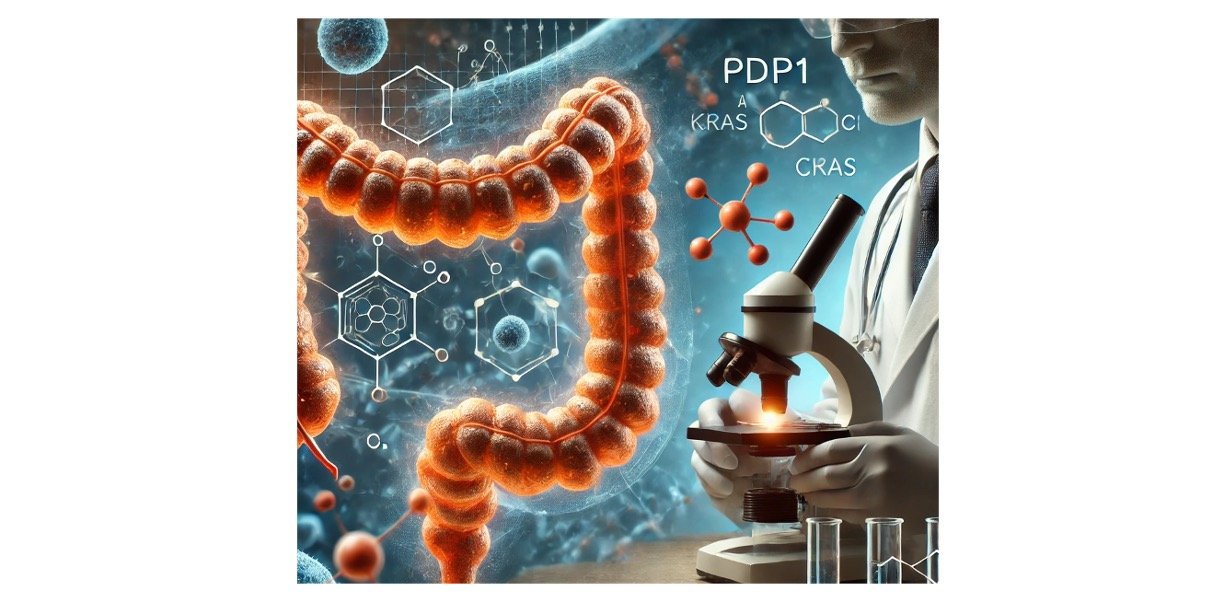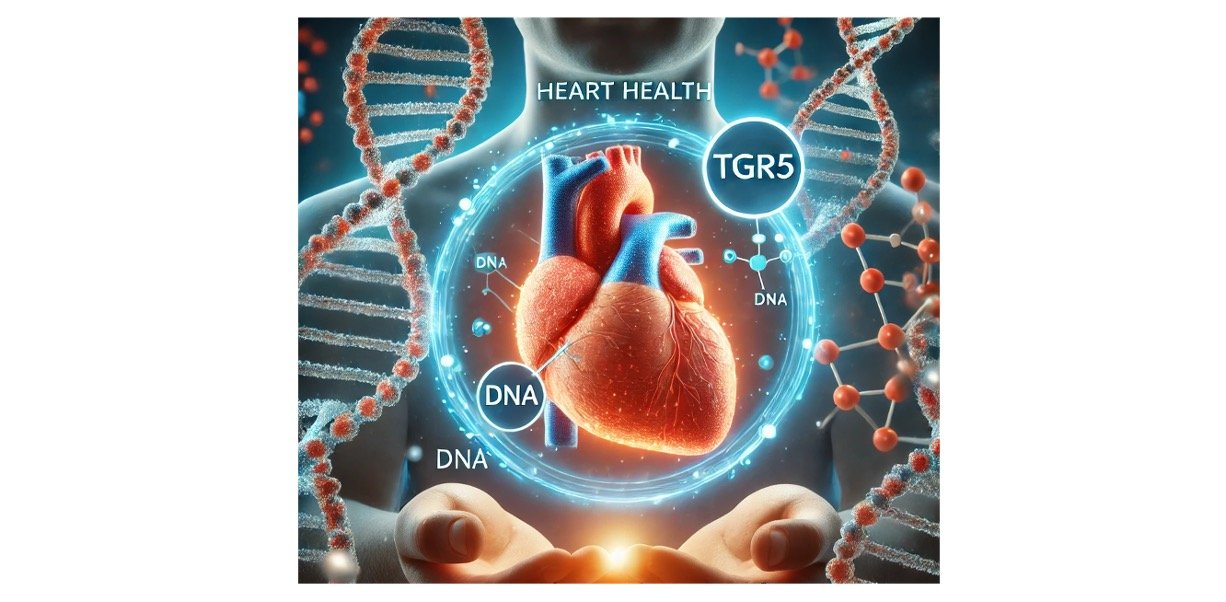Natural Selection
The word evolution has been mentioned, first in the book named “The Origin of Species”, which was written by Charles Darwin in the year 1859.
He Put forth the concept of evolution during his journey towards the Galapagos Islands. He also noted that, all the living species changes both physically and anatomically over a long period of time for their better adaptation in the developing environment around them, this difference is usually by a natural process in the species which gets adjusts itself accordingly in the way that it could survive.
This concept was commonly known as Natural selection and it was called as Survival of the fittest by Darwin.
What is Natural Selection?
Natural selection is generally defined as the process in which the living organisms adapt themselves or change themselves in response to the environmental conditions.
These organisms are better suited for their lives to tend on the environment which survive longer and produces more offspring’s.
Different conditions incline a specific organism to acquire an adaptive trait, where these traits are passed on to the next generation.
As time passes, these characters will become more common as they are predominantly present over other traits in the population.
Biologically Natural selection is a process in which the living organisms possess particular genotypic characters which makes them better adjustable to the environment that they tend to survive, reproduce and increase their number and which therefore enables them to transmit and perpetuate their essential genotypic characteristics over successful generations.
According to Urry et al, natural selection is nothing but which refers to the differential survival and reproduction among the individuals.
It is a very important mechanism of evolution as when a change is inheritable it leads to take the traits to a population over generations.
One of the basic ideas of natural election is all individuals are naturally variable which means that each one is different in their own way.
These variations exist in an organism, who meets changes more randomly and these changes will be passed to the offspring.
Natural selection occurs when some of the changes helps an organism to survive and reproduce in a better way, causing a gene to become more common in a population over a period of time.
As the environment is continuously changing no organism is constructed perfectly suited or absolutely adapted to its environment.
It will always be selective on certain organisms which possess certain genetic combinations, which makes natural selection as an important driving force in evolution.
Principle of Natural Selection
Let us know about the few principles of natural selection, even if the parents are adapted perfectly to the environmental changes, their offspring tend to change according to the environmental conditions which in turn attempts to thrive the limited resources and to win over the competition along with the other inhabitants.
At these competitive times, the most fitted organism is favorable to produce organisms which adapt to themselves to the organisms.
As a result, these organisms will survive in the adapted environment and it also passes their traits or genes to the next generation.
These variabilities in the traits causes the organisms to be slightly vary in each individual which leads to them to reproduce greatly and create different individuals.
The organisms which do not adapt genetically is not fit to survive and will not reproduce further, as a result, evolutionary line will eventually cease to exist.
Natural selection process causes populations to adapt to their particular environment over time. The individuals in a population inherits the traits which helps them to survive the environmental stressors and to safeguard them from predators and to adapt them according to the availability of food.
Those individuals which are inherited tends to have more offspring’s in the upcoming generations, comparing with their peers.
These traits now allows them to stay effective in surviving and reproducing. As resources are limited in nature, the individuals with favorable traits increases the frequency over generations.
Natural selection is usually described as the differential reproduction. Some organisms which carry the favorable genetic variants tends to increases their survival and have higher rate of successive reproductions comparing with the alternative genetic variants.
Selection happens when there is a difference in their survival, success of mating, fertility and development.
Conditions and Importance of Natural Selection
Through this process of natural selection, favorable traits are transferred from one generation to the other.
It also leads to speciation where one species gives rise to new varieties of species with distinct traits.
Natural selection is considered as an important process, as it drives the process of evolution and helps us in explaining the diversity of life on the Earth.
There are four rules to be followed to process the natural selection. They are Reproduction,heredity, variation-in the fitness of the organism, variations in the individual characters between the members of the population. If these four conditions are met, natural selection results automatically.
Natural Selection Citations
- Natural selection, plasticity, and the rationale for largest-scale trends. Stud Hist Philos Biol Biomed Sci . Apr-Jun 2018;68-69:25-33.
- Natural selection and the maximization of fitness. Biol Rev Camb Philos Soc . 2016 Aug;91(3):712-27.
- Natural selection then and now. Biol Rev Camb Philos Soc . 2010 Nov;85(4):829-35.
- The fundamental theorem of natural selection. J Anim Breed Genet . 2018 Oct;135(6):393-394.
- What is adaptation by natural selection? Perspectives of an experimental microbiologist. PLoS Genet . 2017 Apr 20;13(4):e1006668.
Share

